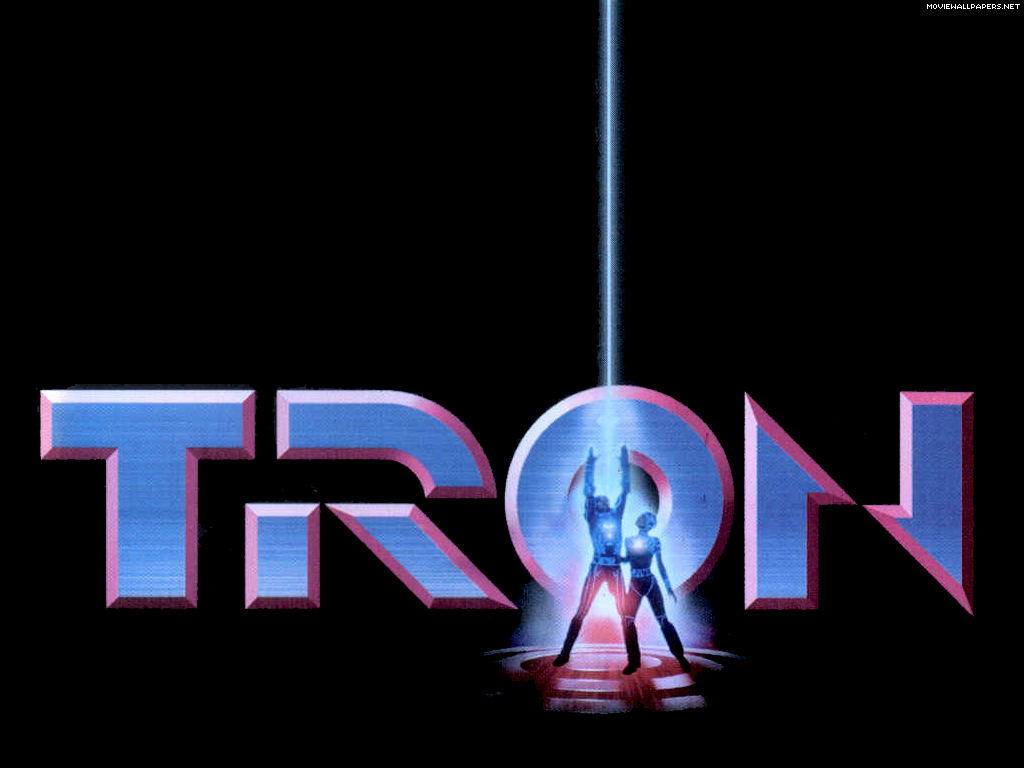

Tron arrived at the dawn of widespread home computing, and both the film and its soundtrack embody the optimism of what technology could do for the average person.
#The grid tron legacy soundtrack movie
Much of Daft Punk's approach to Tron: Legacy is rooted in a darker, more ominous sound, which is a major reason why the soundtrack and the movie both still resonate today: They're decidedly more cynical and pessimistic than the original. Moments like the live percussion blending into the synths in "The Game Has Changed" show a great understanding of both film scoring as well as the concept of bridging technology and humanity, a central theme in the film. "Adagio For Tron" is a moving, sorrowful ode to a fallen hero, with a minor key and just a hint of a synth beat under the orchestral rise.Īltogether, the production across the soundtrack is topnotch. "Derezzed," played in the film's neon club scene-in which the duo make a blink-and-you-miss-it cameo as the DJs-is an electronic dance track through and through. The cascading synth building with a sense of urgency on "Son Of Flynn" is prime Daft Punk in its understanding of tempo and musical momentum. Read: 20 Years Ago, 'O Brother, Where Art Thou?' Crashed The Country Music PartyĮach track Daft Punk created stands on its own without the film.

The duo told the Los Angeles Times that the original film captivated them, and these direct links back to it prove they did their homework. The low thrum in the opening seconds sounds like a system booting up, and the lone horn delivering the main melodic line instantly connects this soundtrack with the original. Instead of drawing from French house or club music, they pull from the sounds of an actual computer. It's evident from the intro of Tron: Legacy's "Overture" how the duo innately understands the sounds they're working with and how they operate within the world of Tron. While the original soundtrack is largely a traditional symphonic score, Carlos did incorporate synths where she could, like on mid-movie track, "Tron Scherzo." Even where she didn't, the physical instruments mirrored the chimes and notifications of a computer system, as in the intro to "Water, Music, and Tronaction." Daft Punk took these concepts and ran with them. Composed by Wendy Carlos, a pioneering electronic musician and composer, it planted the seeds for Daft Punk. Instead, the final product saw Daft Punk forging ahead largely on their own, and the results speak for themselves.Ī conversation about the artistry within the Tron: Legacy soundtrack has to mention the original 1982 Tron soundtrack. Another interview with the Los Angeles Times revealed that the original plan was to pair Daft Punk with a much more traditional and established film composer like Hans Zimmer.
#The grid tron legacy soundtrack free
"We were on tour at that time, and it took almost a year to decide whether we had the desire and the energy to dive into something like that," Bangalter recalled.Īs well, there was initial hesitation from Disney to give the duo free rein. In one of the few interviews the duo gave about Tron: Legacy, Bangalter told The Hollywood Reporter that director Joe Kosinski had reached out to them all the way back in 2007, with no script in hand to reference. The shimmering "Face To Face," off Discovery (2001), incorporates disco into the mix, and the undeniable "One More Time," from the same album, mashes sampled horns, jubilant dance music rhythms and French house music into a track that remains a foundational piece of electronic music in the 21st century.Įven with that amount of range and expertise, it was no sure thing from either side to have Daft Punk compose the film's soundtrack.

"Da Funk," off their 1997 debut album, Homework, naturally draws from the groovy basslines and percussions of funk. One only needs to look at the singles the group charted throughout the decades to understand the vast breadth of Daft Punk's skill and musical knowledge. So, too, was their artist persona well-set, with their signature robotic helmets and gloves and their aversion to interviews combining to craft an enigmatic aura around them that only heightened their mythical status. The duo, composed of producers Thomas Bangalter and Guy-Manuel de Homem-Christo, had three studio albums under the belt across a career that was nearing its second decade by then, but each release showcased the meticulous genius of their craft. By 2010, Daft Punk were already legends in the electronic music community.


 0 kommentar(er)
0 kommentar(er)
